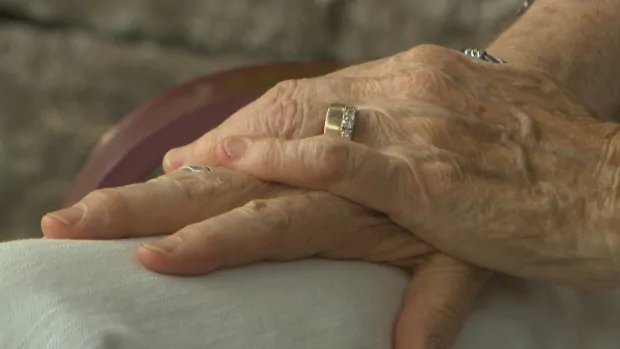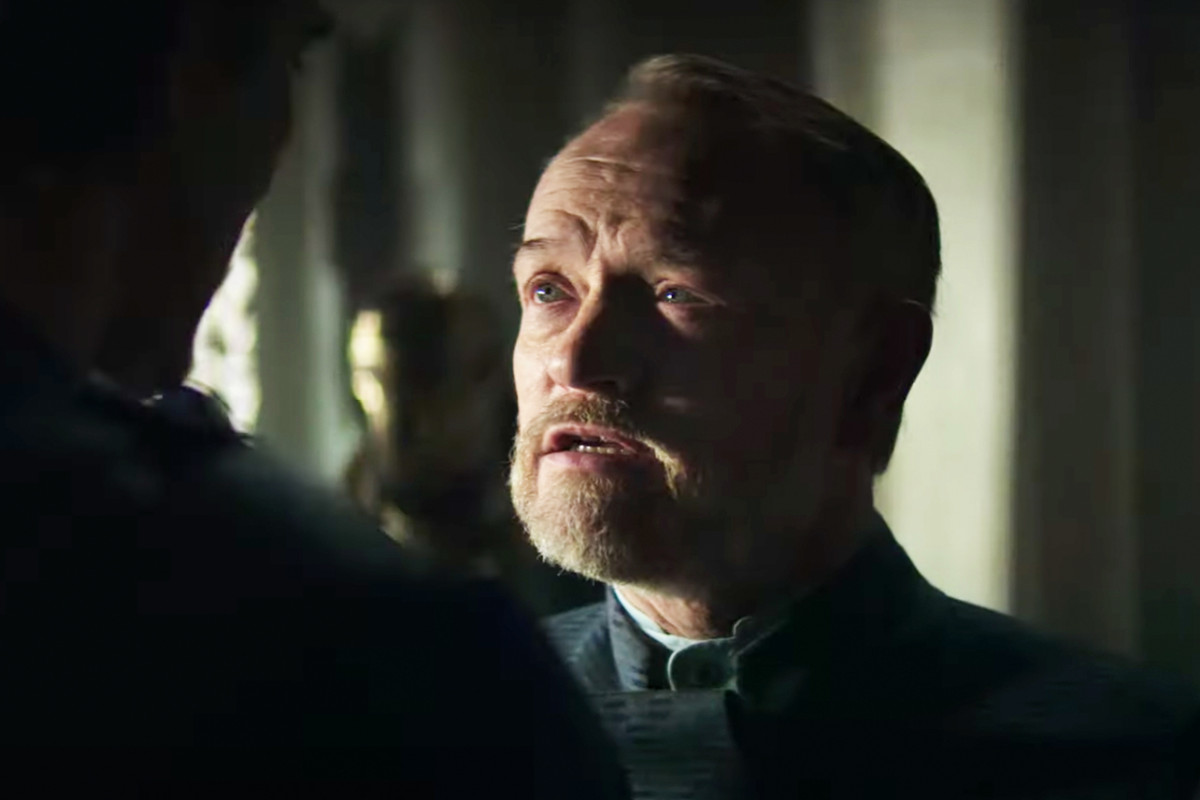A Nova Scotia Court of Appeal judge has denied a request to shelve a lower court decision that effectively allows a man to go ahead with a medically assisted death, in spite of his wife’s efforts to stop him.
The 83-year-old man from Bridgewater, N.S., was assessed by physicians and approved for medical assistance in dying (MAID) earlier this year, but his wife, Katherine, 82, filed for an injunction with the Supreme Court of Nova Scotia, forcing him to cancel his plans.
CBC News is identifying the couple only by the woman’s first name to protect their privacy and his ability to access health care. Katherine has threatened to sue health-care providers who help her husband access a medically assisted death.
There is no formal publication ban in the case, but the judges who have ruled on it have all agreed to protect the couple’s identities by referring to him as X and Katherine as Y.
While X says he’s suffering and near the end of his life because of advanced chronic obstructive pulmonary disease (COPD), his wife says his wish to die is not based on physical illness, but anxiety and mental delusions. She has also expressed a moral opposition to MAID.
The couple have known each other for more than 60 years and have been married for 48. After Katherine launched her legal efforts to stop her husband from accessing MAID, her husband moved out of their shared home and the couple stopped speaking.

Last week, a Nova Scotia Court of Appeal judge heard both sides’ arguments about whether to set aside an earlier decision from Nova Scotia Supreme Court dismissing her injunction request.
In a written decision released Friday afternoon, Justice Elizabeth Van den Eynden denied Katherine’s motion to stay the supreme court ruling. In doing so, she cleared the legal barriers that had been preventing X from accessing a medically assisted death.
The case could still go to a formal appeal hearing and is scheduled to do so on Sept. 24.
Katherine’s lawyers noted last week that, should her husband go ahead with the MAID procedure before then, it would render the appeal moot. This was one of their arguments for an extension of the interim injunction.
Van den Eynden acknowledged in her decision that X could proceed with MAID before an appeal but, like the supreme court judge who ruled on the case before her, she found that on balance, the man would suffer more if his wife’s request was granted than if it were not.
She added that the case did not have any exceptional circumstances that would warrant a stay.
“The Supreme Court of Canada decided that medical assistance in dying is a constitutionally-protected right. Parliament debated and passed the MAiD scheme into Canadian law. It seems Mrs. Y wants to relitigate issues that have been considered and decided by both the SCC and Parliament,” Van den Eynden wrote.
‘Vulnerable people at risk’
Hugh Scher, the lead of the legal team representing Katherine, told CBC News in an email that Van den Eynden’s decision “calls into serious question the arbitrary application of the criminal law in a way that puts vulnerable people at risk.”
He said the ruling meant “a man can be put to death despite the fact that a hearing on the merits of the appeal is only days away on Sept. 24.”
Scher noted the conflicting medical opinions about X’s physical and mental health, which are documented by the court. He said the lack of consensus “renders the safeguards and protections of the criminal law completely meaningless.
“Katherine calls on Parliament, the Nova Scotia Legislature and the Courts to fix an arbitrary and broken legal process that permits the intentional killing by euthanasia of those who lack capacity and who don’t meet the most basic requirements of the law.
“The Supreme Court of Canada made clear that legalization of euthanasia in Canada depended completely on Parliament’s ability to implement reasonable safeguards to protect the most vulnerable of Canadians. Today’s decision by a single judge of a court of appeal on a procedural matter demonstrates how woefully inadequate the present regime and procedures are to protect vulnerable people lacking capacity from being put to death in Canada.”
X declined to comment on the judge’s decision.
‘Relief and gratitude’ for decision
Jocelyn Downie, a Dalhousie University law professor who has been a member of multiple expert panels on MAID, said she felt “relief and gratitude” for the detailed decision Van den Eynden delivered.
“I think for everybody who’s looking at this case as a precedent and trying to see what kinds of approaches are the courts going to take to these kinds of efforts to interfere with access to MAID … it’s very useful for everybody to understand the lay of the land,” Downie said in an interview.
While a decision in the Nova Scotia Court of Appeal would not have binding authority on any courts outside the province, Downie said the decision could still set a “persuasive” precedent for other Canadian courts.
She said she rejects Scher’s characterization of what the case demonstrates.
“[MAID] is a legal health service and characterizing it as putting someone to death is incendiary and inflammatory.”
She said Van den Eynden was “absolutely right” in situating this case in the broader context of MAID as a constitutionally protected right.
“There’s a man waiting to exercise his constitutional rights,” Downie said. “And these procedural moves are creating, have been creating a barrier to him to exercise his procedural, his constitutional right.”
MORE TOP STORIES

Devoted web advocate. Bacon scholar. Internet lover. Passionate twitteraholic. Unable to type with boxing gloves on. Lifelong beer fanatic.





